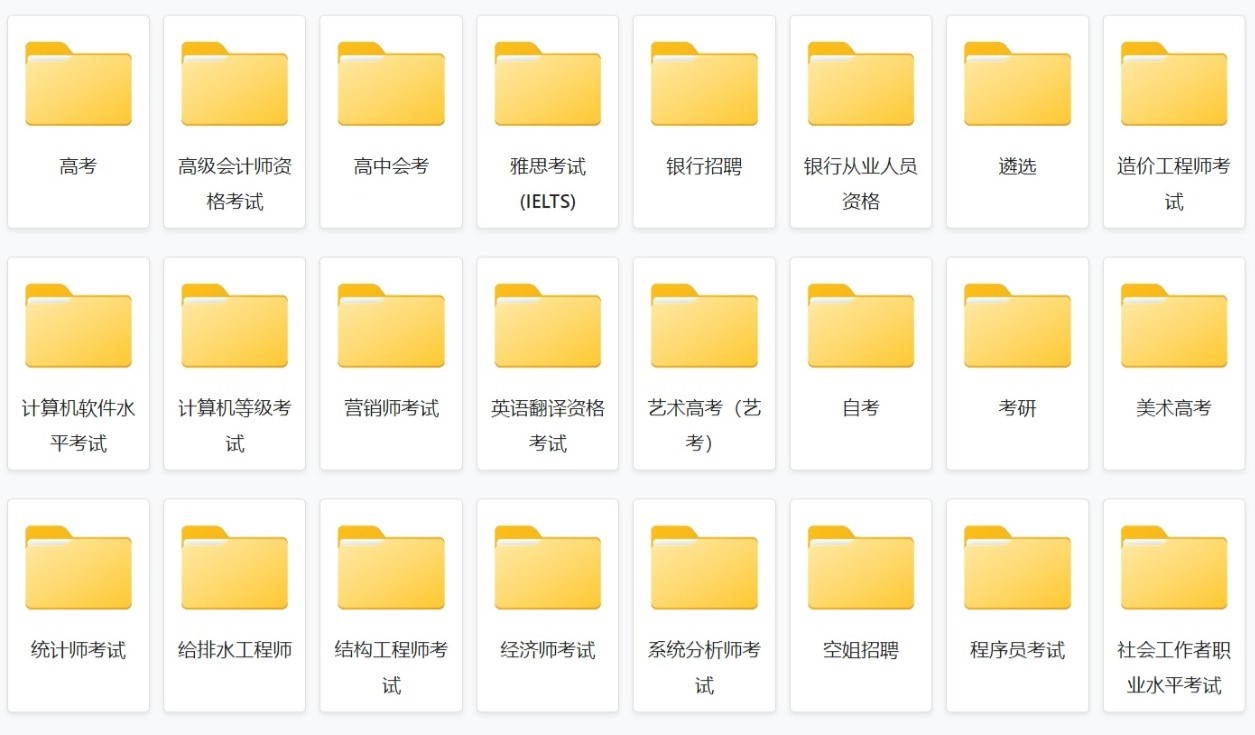从字符串列表中提取薪水
我正在尝试从字符串列表中提取薪水。我正在使用regex findall()函数,但它返回许多空字符串以及薪水,这在以后的代码中给我带来了问题。
sal= '41 000€ à 63 000€ / an' #this is a sample string for which i have errors
regex = ' ?([0-9]* ?[0-9]?[0-9]?[0-9]?)'#this is my regex
re.findall(regex,sal)[0]
#returns '41 000' as expected but:
re.findall(regex,sal)[1]
#returns: ''
#Desired result : '63 000'
#the whole list of matches is like this:
['41 000',
'',
'',
'',
'',
'',
'',
'63 000',
'',
'',
'',
'',
'',
'',
'',
'',
'']
# I would prefer ['41 000','63 000']
有人可以帮忙吗?谢谢
-
当在模式中使用捕获组时,使用re.findall将为您提供捕获组,并且您正在使用的组中几乎所有内容都是可选的,从而在结果中提供空字符串。
在您的模式中,您将使用
[0-9]*匹配数字0+倍的数字。如果对前导数字没有限制,则可以改用[0-9]+使其为可选。您可以将此模式用于捕获组:
(?<!\S)([0-9]+(?: [0-9]{1,3})?)€(?!\S)说明
(?<!\S)断言左侧的字符不是非空格字符(捕获组[0-9]+(?: [0-9]{1,3})?匹配1位以上的数字,后跟匹配空格和1-3位的可选部分
)关闭捕获组€逐字匹配(?!\S)断言右边的字符不是非空格字符
您的代码可能如下所示:
import re sal= '41 000€ à 63 000€ / an' #this is a sample string for which i have errors regex = '(?<!\S)([0-9]+(?: [0-9]{1,3})?)€(?!\S)' print(re.findall(regex,sal)) # ['41 000', '63 000']

